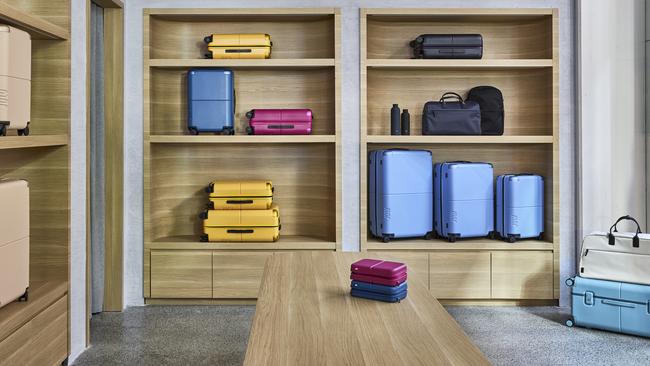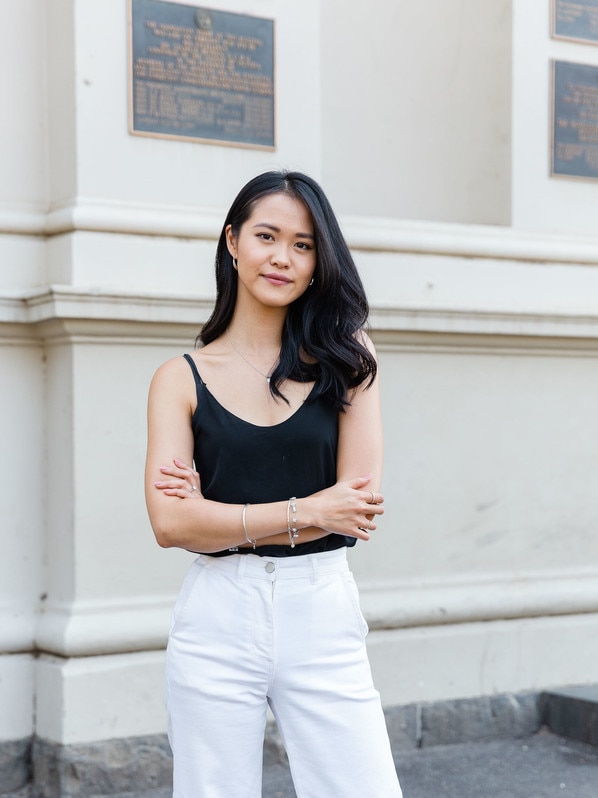Shopify research finds consumers seek ‘value for money’
As economic pressures mount, new research finds consumers are increasingly discerning when it comes to shopping, with ‘value for money’ topping their list of priorities.

Australian shoppers are more stressed about the cost of groceries than housing – although when spending, nearly 78 per cent are prioritising “value-for-money”, a new report has revealed.
As economic pressures continue to mount, consumers are becoming more discerning when spending.
According to the Shopify Australian Retail Report, 75 per cent of consumers are cutting down spending and are dining out less, choosing cheaper options when buying discretionary items and opting for private label brands.
The study, which comprised more than 1000 consumers across the country, identified a series of consumer “personas”, the largest cohort of whom seek “quality that lasts” when making purchases, and prioritise product quality over brand. The group, which made up 32 per cent of respondents, are also the least likely to be influenced by a celebrity or social media campaign.
Among the findings, 24 per cent of consumers were most likely to switch brands to support local or more sustainable businesses, while 22 per cent – the most stressed consumers – were the most price-sensitive and said they were more likely to switch to private label brands. The smallest group, which accounted for 3 per cent of consumers, were “social shoppers” who are most likely to shop online and discover brands via Instagram and YouTube.
“Value is what consumers are looking for,” James Johnson, director of technical services and strategic accounts, APAC, at Shopify told The Growth Agenda.

“But it’s about how we position and communicate that value in different ways. It’s more than just price. It’s also product, longevity, product quality, product utility.”
Rather than “race to the discounting lever”, Mr Johnson said there was an opportunity for some brands and marketers to draw on communication to demonstrate the value consumers seek.
As consumers battle a cost-of-living crisis, brands must work hard to attract and retain customers. In the report, only 36 per cent of Australians identified as “brand loyal” in the study. To win customers in the long term, the study revealed that high-quality goods, consistently low prices and loyalty points were among the top strategies that would keep them returning.
This makes the current retail environment ripe for growth, according to some brand leaders.
Challenger luggage and travel goods brand July is among them. It was launched in 2018 as a direct-to-consumer e-commerce brand before opening bricks and mortar stores, which currently include three outposts in Sydney and two in Melbourne.
The rapidly growing brand – which has reported 640 per cent year-on-year growth – is now targeting annual revenue of more than $140m.
“Travel has become so much of a statement and something that people are investing in,” said general manager Zhoe Low.
Of July’s strategy, she added: “We have always been quite product first.”
“We just attract people who are looking for more bang for their buck, which is different to a discount.
“It’s not that you’re getting a bargain. It’s more that they are getting more for their money.”
The brand has focused on offering services such as lifetime warranties, and has focused on design quality and range in colour options.
Ms Low said that while the brand was making its online retargeting and website “work really, really hard”, it is doubling down on communicating the value customers get for purchasing its products.
“It’s not selling harder, but making our brand promises clearer than ever,” she said.
Ms Low said as a challenger brand chasing after greater market share, it is focusing on heroing its products and services.
“For us customer experience, following through on brand promises, and staying consistent brand wise, across all the touch points is probably what we’re doing. It’s very best practice basic foundations.”
Cultivating customer loyalty is also a priority. Less than four years since July started trading, more than 25 per cent of its customers have returned to make additional purchases.
Ms Low said the business will expand its product categories to attract different customers outside of travel, who may not yet be in the market for travel luggage – but will be in the future.
After launching with a single product – a carry-on sized suitcase – it soon introduced a $165 tote bag, which was “travel inspired” but not in the travel category.
That product has been positioned in the market, and purchased, as an “everyday work bag” and has had viral social media success on TikTok.
“Our product roadmap is doing a good job of hitting different segments and different audiences. So you’re not just targeting one consumer segment, which is, I think, right now especially crucial for brands to survive in this climate,” Ms Low added.

“You have to fight so hard now for your consumer dollar that subpar products, subpar brand promises and brand offerings, and subpar marketing are just simply not going to work anymore.”
This ‘fight’ is taking place both online and in stores. Among Shopify’s findings, in-store shopping is preferred among 38 per cent of consumers, however 31 per cent prefer online, and another 31 per cent were “on the fence”.
Mr Johnson added this meant brands were thinking more “completely” about the customer experience across all channels (in store and online) as 93 per cent of Australian retailers said customer experience was either important or critical in the report.
“I look at it as ‘bothism’. It’s about being everywhere the customer is, and leading brands are really doing that now,” Mr Johnson said.
“Bothism” also applies to how top-performing retail brands in Australia are balancing marketing investment to serve both existing and future demand, according to advertising effectiveness expert James Hurman, co-founder and director of brand tracking company Tracksuit, who contributed to the report.
“It has long been known that while performance marketing drives revenue growth, it is brand marketing that drives profitability,” he said.







